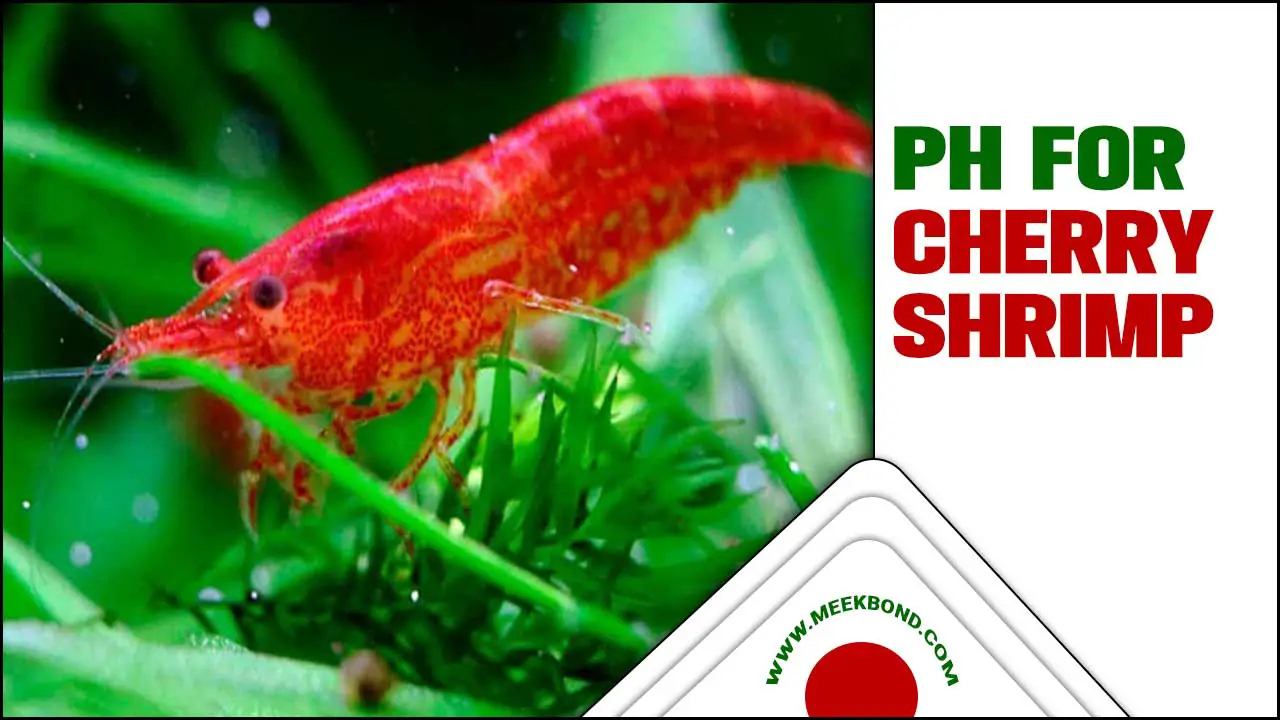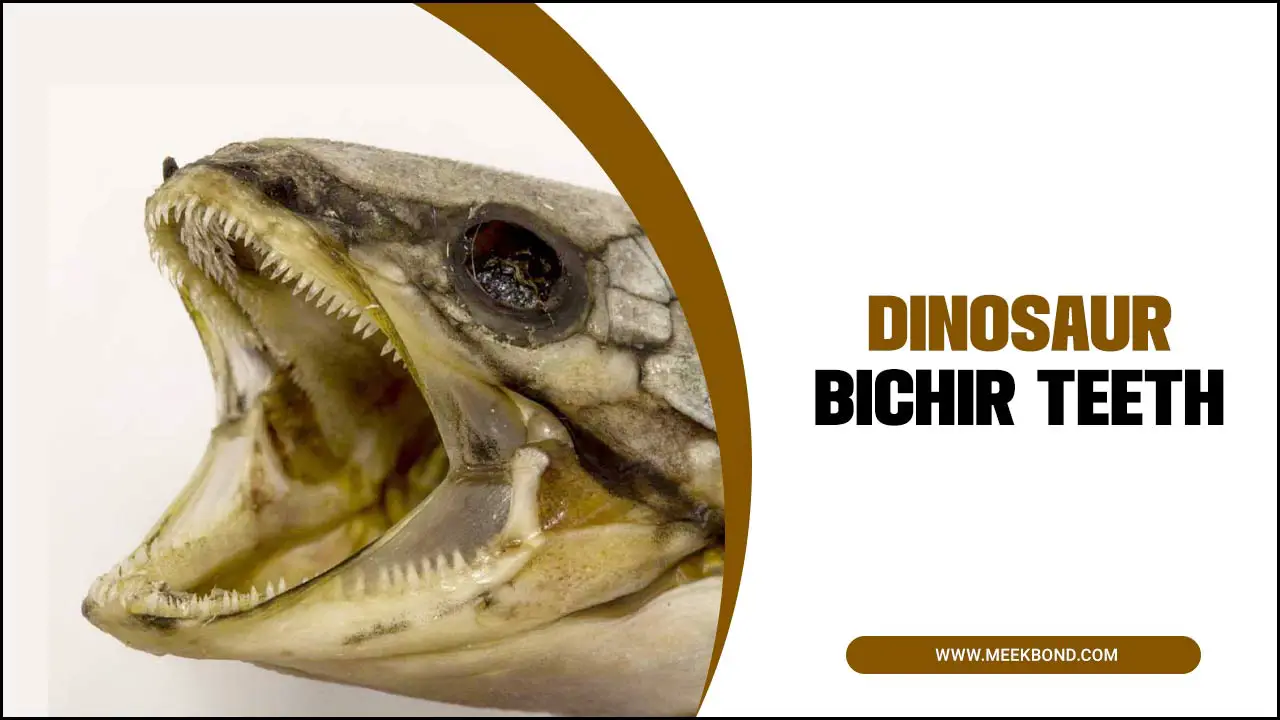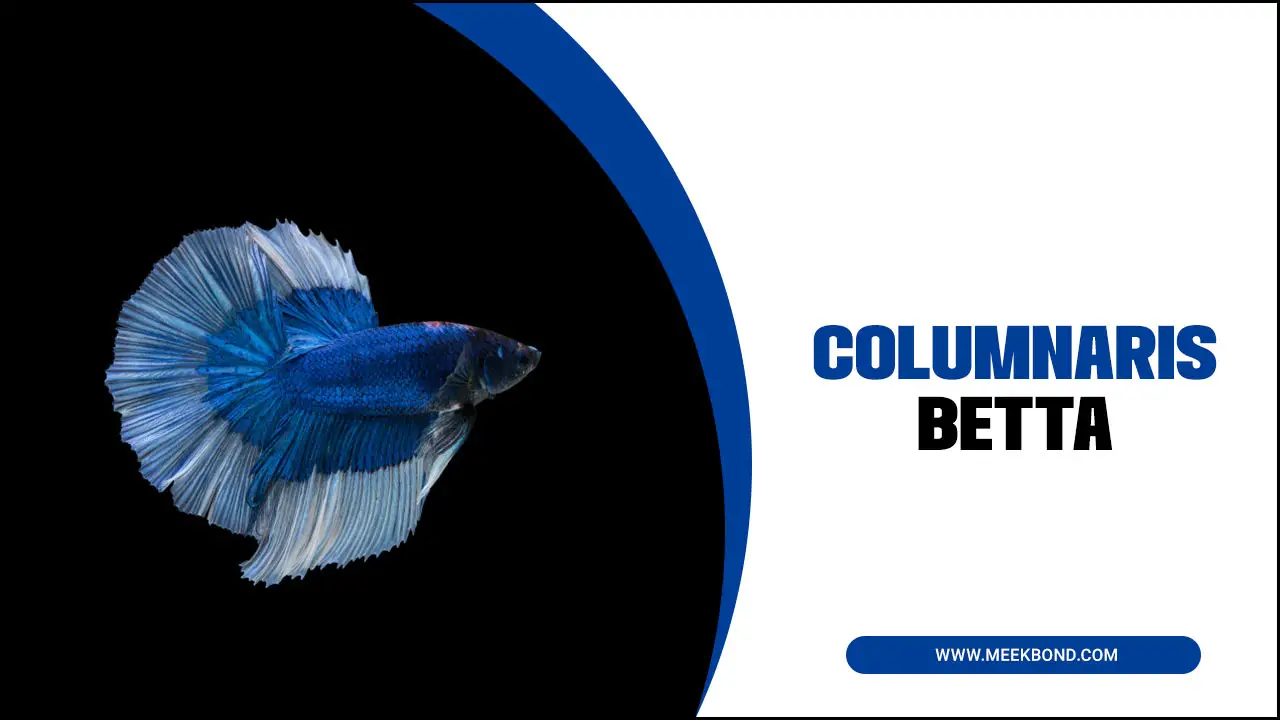Betta fish are a favorite among aquarium enthusiasts due to their vibrant colors and unique personalities. Betta fish, also known as Siamese fighting fish, have become increasingly popular pets in recent years due to their vibrant colors and easy maintenance.
However, as with any pet, bettas can experience health problems that require prompt attention. Two common issues betta owners may encounter are dropsy and constipation. Dropsy is a condition where the fish’s body swells and the scales protrude, while constipation is the inability to pass stool. Both conditions can be extremely uncomfortable and potentially life-threatening for bettas if left untreated.
We will cover everything you need about dropsy or constipation betta, including their causes, symptoms, and treatments. We’ll also provide helpful tips on how to prevent them from occurring in the first place.
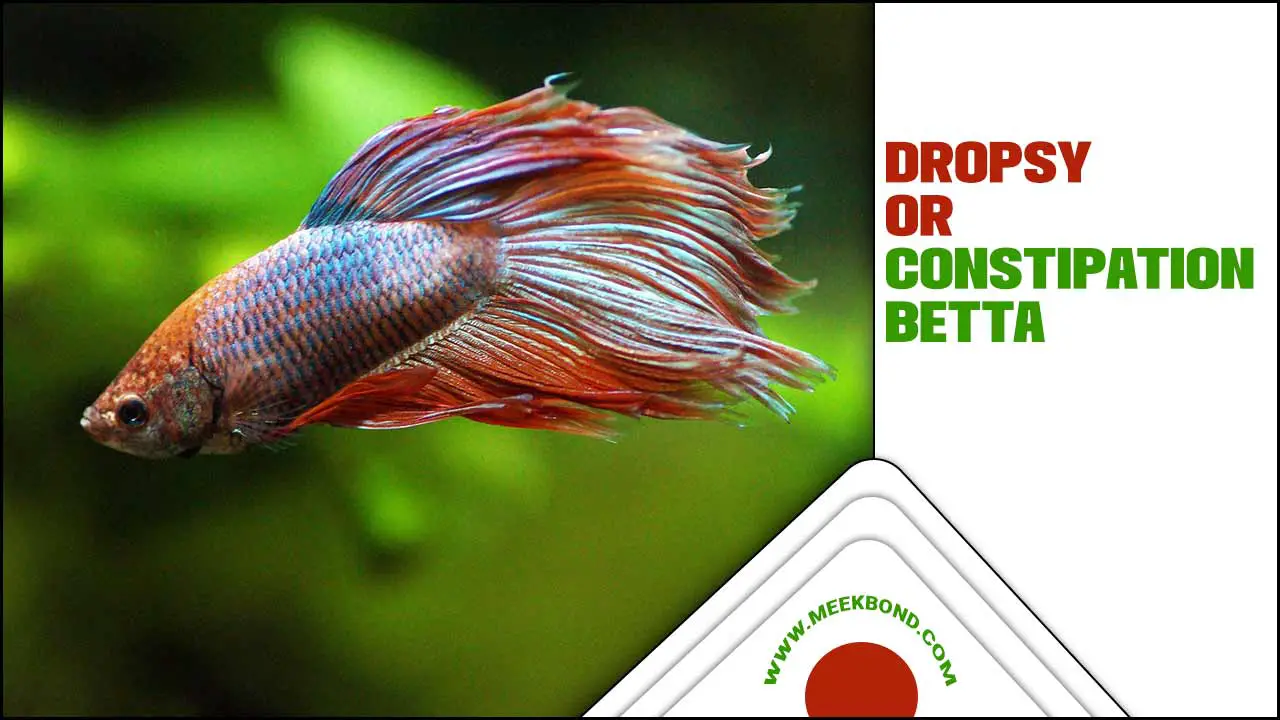
How To Treat And Prevent Dropsy Or Constipation Betta Fish
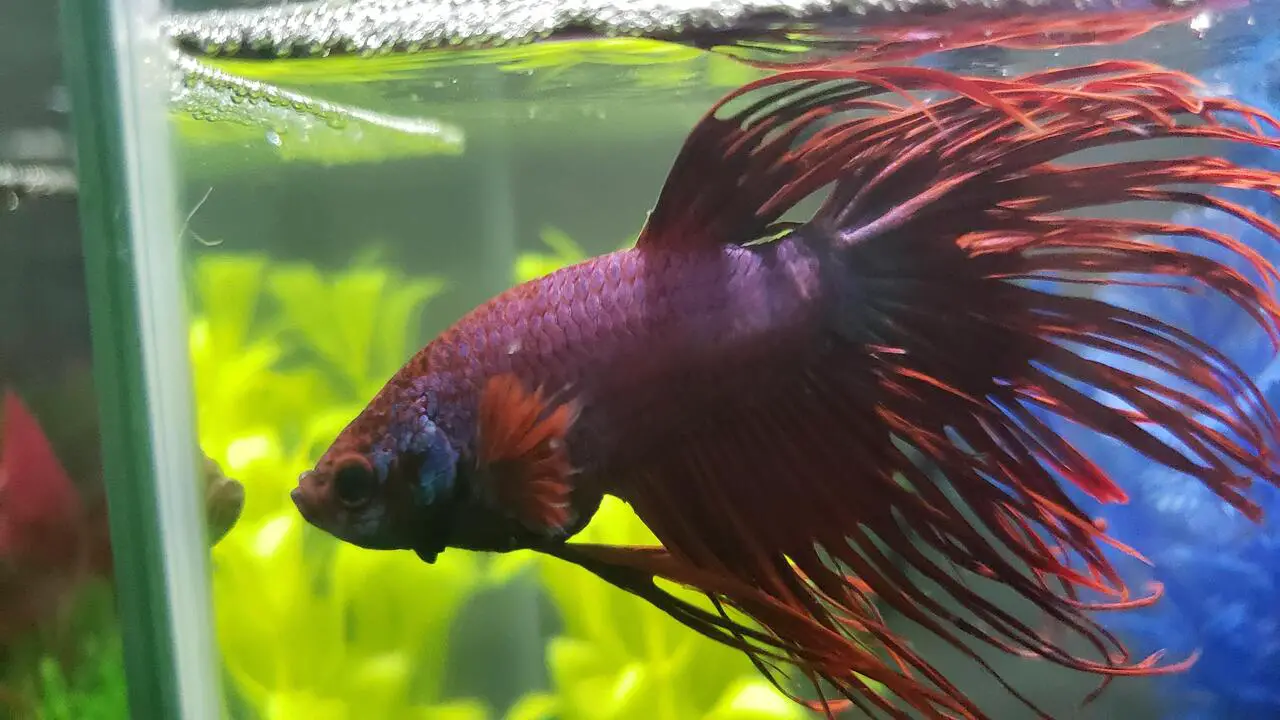
To successfully treat and prevent dropsy or constipation in betta fish, it is crucial to address the underlying causes. Poor water quality, overfeeding, and bacterial infections can contribute to these health issues. For dropsy, treatment may involve medicated baths and antibiotics, while constipation can be alleviated through fasting and pea diets.
Prevention measures include maintaining a clean aquarium, eating a balanced diet, and regularly monitoring fish behavior and health. Consulting a veterinarian or fish expert can help identify and effectively treat these conditions. Here are detailed Explanations on How to Treat And Prevent dropsy or constipation Betta Fish.
Dropsy In Betta Fish
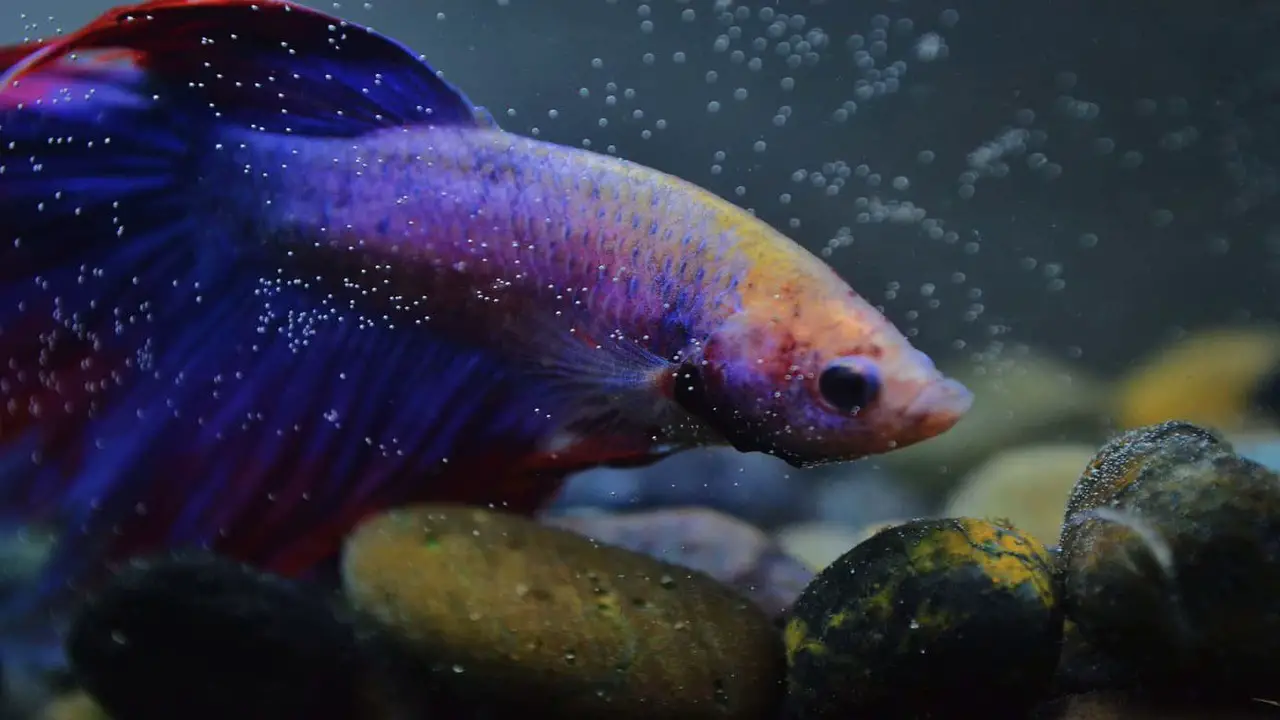
Dropsy in betta fish is characterized by excessive fluid accumulation in their body tissues, resulting in a bloated appearance. Various factors can contribute to the development of dropsy.
Poor water quality and hygiene, bacterial or parasitic infections, kidney or liver disease, genetic factors, and stressful conditions can all increase the likelihood of dropsy in betta fish. Recognizing the symptoms and understanding the causes of dropsy is crucial for effective treatment. By addressing the root causes and providing proper care, dropsy can be managed, ensuring the good health of these beloved bettas.
Definition Of Dropsy
Dropsy, a condition affecting betta fish, is characterized by abdominal, eyes, and scales swelling. Various factors, such as poor water quality, bacteria, and viral infections, can cause this condition. It is important to isolate the affected fish to treat dropsy, improve water quality by regular water changes and proper filtration, and administer medication if necessary.
Prevention measures include maintaining a healthy diet for your betta fish, including pellets, live food like daphnia or bloodworms, and ensuring they have enough space in gallons of water. By following these steps, you can help your beloved bettas stay healthy.
Causes Of Dropsy In Betta Fish
Dropsy, a condition characterized by swelling and bloating in betta fish, can be caused by various factors. Some common causes of dropsy in betta fish include:
- Bacterial infection: One of the most common causes of dropsy is a bacterial infection, such as Aeromonas or Pseudomonas. These bacteria can enter the fish’s body through wounds or a weakened immune system.
- Poor water quality: High ammonia, nitrites, or nitrates in the aquarium can stress the fish and make them more susceptible to developing dropsy.
- Internal parasites: Parasites like tapeworms or nematodes can also contribute to dropsy in betta fish. These parasites invade the fish’s internal organs and disrupt their normal bodily functions.
- Organ failure: Dropsy can sometimes be a symptom of organ failure in betta fish. This could be due to various factors, including old age, genetic predisposition, or underlying health issues.
- Overfeeding: Feeding betta fish excessively or with low-quality food can lead to digestive problems and contribute to dropsy.
Symptoms Of Dropsy In Betta Fish
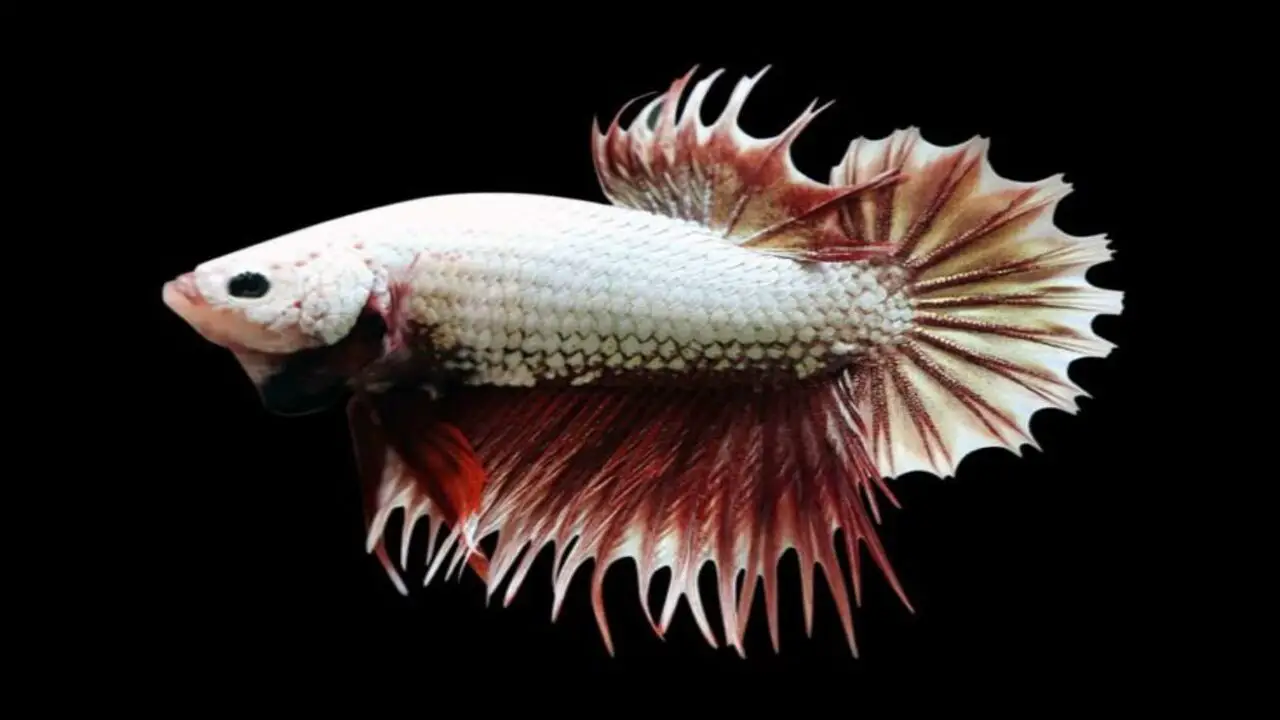
Symptoms of dropsy in betta fish include:
- Swollen body or bloated appearance
- Raised scales, giving the fish a pinecone-like appearance
- Loss of appetite and decreased activity levels
- Pale or discolored skin
- Excessive mucus production in the body
- Difficulty swimming or staying upright
- Red streaks or discoloration on the fins or body
It is important to note that dropsy is a serious condition and can be fatal if not treated promptly. If you notice any of these symptoms in your betta fish, it is recommended to seek veterinary care as soon as possible.
Treatment Options For Dropsy In Betta Fish
When treating dropsy in betta fish, it’s important to identify the symptoms early on. Look out for signs of bloating and raised scales, which are common indicators of dropsy. The causes of dropsy can vary, ranging from bacterial infections to poor water quality.
Options such as antibiotics and regular water changes can effectively treat dropsy. However, prevention is always better than cure. Preventative measures like maintaining a clean tank and monitoring water parameters can help avoid dropsy in betta fish. Understanding the difference between dropsy and constipation and how to treat both is essential.
Prevention Measures For Dropsy In Betta Fish
Prevention measures for dropsy in betta fish are crucial to ensure their good health and well-being. To begin with, maintaining a clean tank is the first step towards prevention. Regular water changes in appropriate gallons of water and keeping the tank well-filtered can help prevent bladder disease.
Additionally, providing a well-balanced diet to betta fish is essential. Including high-quality pellets and occasional feedings of live food like daphnia or bloodworms can promote their overall health. It’s also important to keep an eye on their fins and substrate to ensure cleanliness and minimize the risk of infections.
Regularly monitoring water parameters such as pH and temperature and using a heater, if needed, can create a stable and comfortable environment for bettas. Prevention is always the best approach to keeping our beloved bettas healthy and happy.
Constipation In Betta Fish
Constipation is a common health issue in betta fish that can lead to discomfort and other complications. The main cause of constipation in bettas is a diet lacking dietary fiber. When bettas consume too much food or food high in fat, their digestive tract can become blocked, leading to constipation.
Some common symptoms of constipation in bettas include bloating, stringy faeces, and inactivity. The good news is that dietary changes can treat and prevent constipation. Adding fibre-rich foods like daphnia and live food like bloodworms can help promote healthy digestion and prevent constipation in your beloved bettas.
Definition Of Constipation
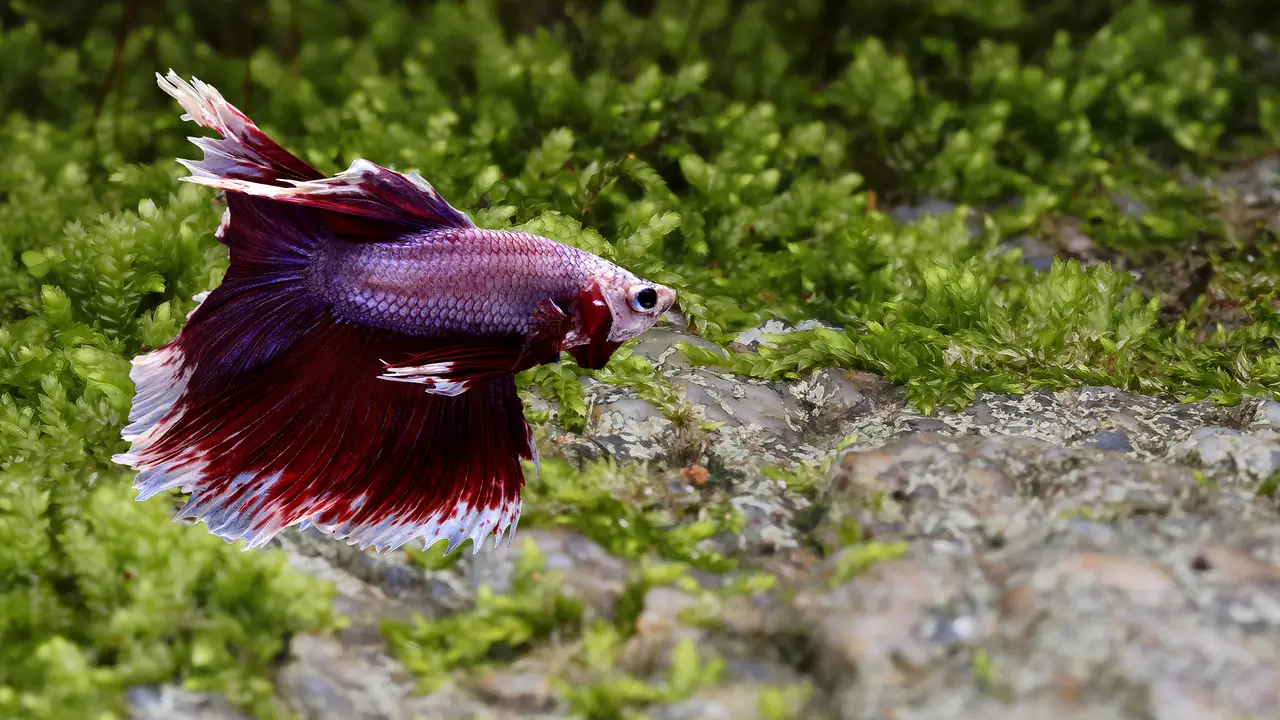
Constipation in betta fish is when the fish experiences difficulty passing waste. It occurs when there is a blockage or abnormality in the fish’s digestive tract, resulting in infrequent or incomplete bowel movements. A common symptom of constipation is stringy faeces.
Unlike dropsy, which affects the fish’s organs and causes bloating throughout its body, constipation primarily affects the betta’s stomach and may cause a bloated belly. It is important to feed bettas a balanced diet that includes dietary fiber to prevent constipation. Ensuring proper nutrition and maintaining good health will help avoid this issue.
Causes Of Constipation In Betta Fish
If your betta fish is experiencing constipation, it is recommended to adjust their diet, improve water quality, and monitor their behavior closely. If the problem persists, consulting a veterinarian specialising in aquatic animals may be necessary. Constipation in betta fish can be caused by a variety of factors, including:
- Overfeeding: Giving your betta fish too much food can lead to constipation. It is important to feed them the appropriate amount and avoid overfeeding.
- Poor diet: A diet that lacks fiber or is primarily made up of dried foods can contribute to constipation in betta fish. Providing them with a balanced and varied diet that includes live or frozen foods is important.
- Lack of exercise: Betta fish need regular exercise to help prevent constipation. Providing them ample swimming space and adding objects such as plants or decorations to their tank can encourage movement.
- Water quality: Poor water quality can also contribute to constipation in betta fish. Maintaining clean water conditions and regularly performing water changes to ensure their health is important.
- Stress: Stress can impact a betta fish’s digestive system and lead to constipation. It is important to provide them with a calm and comfortable environment.
Symptoms Of Constipation In Betta Fish
Constipation is a common issue in betta fish and can cause discomfort and health problems if not addressed. Here are some symptoms to look out for:
- Decreased appetite: If your betta fish is eating less or showing no interest in food, it could be a sign of constipation.
- Bloated appearance: A bloated or swollen belly is a telltale sign of constipation in betta fish.
- Lethargy: If your betta fish is unusually inactive or spending more time at the bottom of the tank, it may be experiencing constipation.
- Stringy feces: Constipated bettas often have stringy or elongated feces that may be difficult to pass.
- Difficulty swimming: Constipated fish may struggle to swim properly due to the discomfort caused by their bloated stomach.
If you notice these symptoms in your betta fish, it’s important to take action to relieve its constipation.
Treatment Options For Constipation In Betta Fish
When treating constipation in betta fish, a few options exist. First and foremost, it’s important to identify the causes of constipation, including overfeeding and a lack of fiber in their diet. Some common symptoms of constipation in betta fish include bloating and lethargy. One treatment option is fasting the fish for a day or two, allowing their digestive system to rest and reset.
Another option is introducing high-fibre foods into their diet, such as daphnia or live food like bloodworms. These foods can help promote healthy digestion and prevent future constipation. Additionally, ensuring proper tank maintenance and feeding schedules can also play a role in preventing constipation in betta fish. Following these treatment options and preventative measures can help keep your beloved bettas in good health.
Prevention Measures For Constipation In Betta Fish
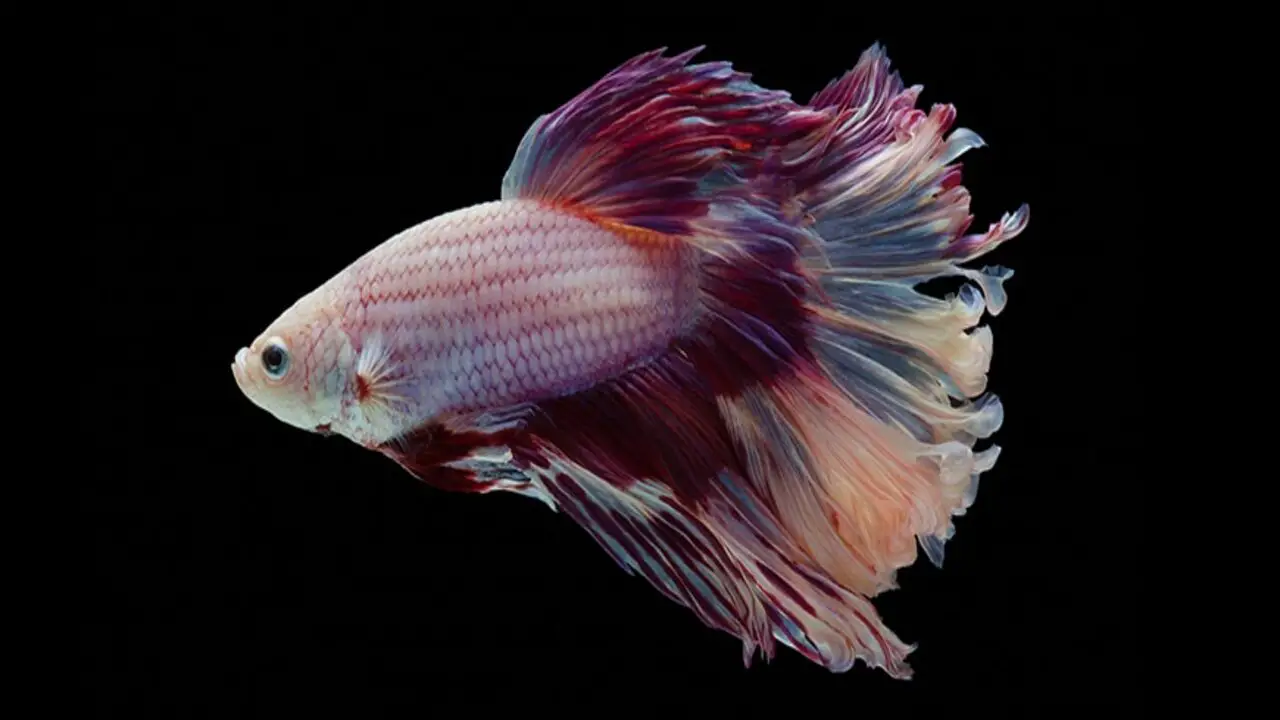
To prevent constipation in betta fish, focusing on their diet and tank maintenance is important. Feeding your betta fish a varied and balanced diet is crucial to avoid constipation. It’s also essential to avoid overfeeding and feed them in moderation. Maintaining a clean tank and proper water parameters can help prevent stress and constipation.
Including fibre-rich foods like peas in their diet can aid in digestion and prevent constipation. Providing enough space for them to swim and adding decorations and plants to the tank can encourage exercise, which is beneficial for their digestive health.
Comparison Of Dropsy And Constipation In Betta Fish
While dropsy in betta fish is caused by a bacterial infection, resulting in bloating, a pinecone-like appearance, and lethargy, constipation can be caused by overfeeding or feeding the wrong food.
Dropsy requires treatment such as isolating the infected fish, water changes, and medication like antibiotics, whereas constipation can be treated by fasting the fish, feeding a pea or other fibrous food, and increasing water temperature to aid digestion. Preventing dropsy and constipation involves maintaining proper feeding habits, a clean tank, and regularly monitoring the betta fish’s behavior and appearance.
Differences In Causes And Symptoms
Dropsy and constipation in betta fish have distinct causes and symptoms. Bacterial infections typically cause dropsy, whereas constipation stems from poor diet and feeding habits. Symptoms of dropsy include a swollen abdomen, bulging eyes, and sedentary behavior, while constipation is characterized by difficulty passing feces and appetite loss.
The treatment for dropsy involves using antibiotics to combat the underlying infection while treating constipation requires changing the betta fish’s diet and feeding practices. To prevent dropsy, it is essential to maintain good water quality and avoid overcrowding, while preventing constipation involves providing a varied and balanced diet to the betta fish.
Similarities In Treatment And Prevention Measures
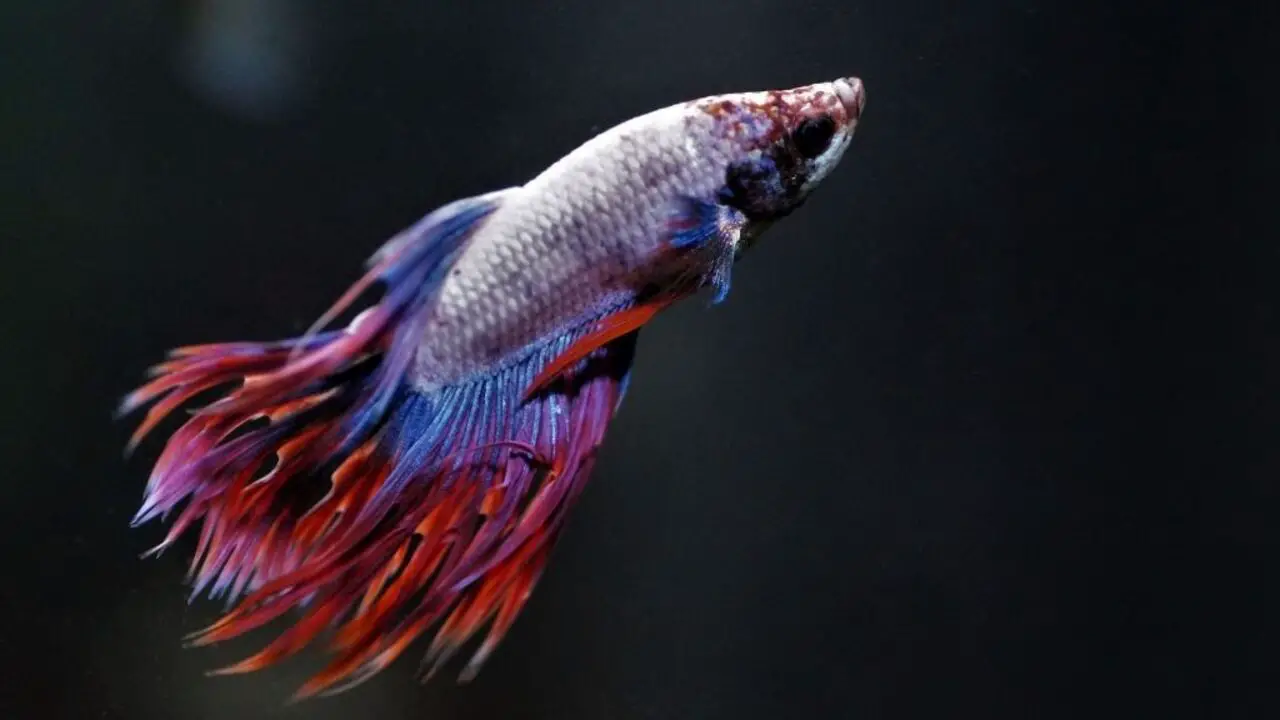
Both dropsy and constipation in betta fish can be caused by poor water quality or an inadequate diet. Changing the fish’s diet may be necessary to effectively treat these conditions, introducing medication into the water or improving the overall water quality.
Prevention measures are also similar for dropsy and constipation, including regular tank cleaning and a varied and healthy diet. Accurate diagnosis of the condition is crucial to provide the appropriate treatment. Consulting with a veterinarian or an experienced fish keeper can be beneficial in determining the best course of action.
Conclusion
Dropsy and constipation are common health issues that can affect betta fish. It is important to recognize the causes and symptoms of these conditions to provide appropriate treatment and prevention measures. Dropsy is characterized by fluid retention and swelling, while constipation is the inability to pass feces properly.
While the causes and symptoms may differ, both conditions can be treated through adjustments to the fish’s diet and environment. Prevention measures such as maintaining clean water conditions and providing a balanced diet rich in fiber can help reduce the risk of dropsy and constipation.
We have provided bulk information on dropsy or constipation betta and hope our information was helpful from your perspective. Monitor your betta fish closely and consult a veterinarian if you notice any concerning signs or symptoms.
Frequently Asked Questions
How Do I Know If My Betta Fish Has Dropsy?
Swollen bodies and protruding scales can identify dropsy in betta fish. Look out for signs of lethargy, loss of appetite, and difficulty swimming. Bacterial infection or poor water quality are common causes. If you suspect dropsy, consult a veterinarian specializing in aquatic animals.
How Long Can Betta Survive With Dropsy?
Betta fish with dropsy can survive for a few days to a few weeks, depending on the severity of the condition. Treatment includes medication and water changes to reduce swelling and improve water quality. Acting quickly and seeking veterinary care is crucial. Prevention measures like keeping the tank clean and monitoring water parameters are important.
How Do I Know If My Betta Has Constipation?
Signs of constipation in betta fish include a swollen belly, loss of appetite, and reduced activity levels. Monitoring the color and consistency of their waste can also indicate constipation. Providing a fiber-rich diet and consulting a veterinarian can help address severe cases.
How Long Does Betta Constipation Last?
The duration of betta constipation can vary depending on its severity and underlying causes. Mild cases of constipation may resolve within a few days with proper treatment, while severe cases may take up to a week or longer to improve. Prevention is crucial in reducing the likelihood of betta constipation.
What Is The Difference Between Dropsy And Constipation?
Dropsy and constipation are distinct conditions in betta fish. Dropsy is characterized by bloating and swelling due to underlying issues like bacterial infections or organ failure. On the other hand, constipation causes difficulty passing waste and can result from overfeeding or a lack of fiber in the diet. Treatment approaches differ for each condition.

Aquarium passion is all about connecting with the aquatic life and providing education to the public on the importance of these creatures. We showcase a wide variety of marine life through our exhibits as well as working with schools to provide unique learning opportunities for students of all ages.

